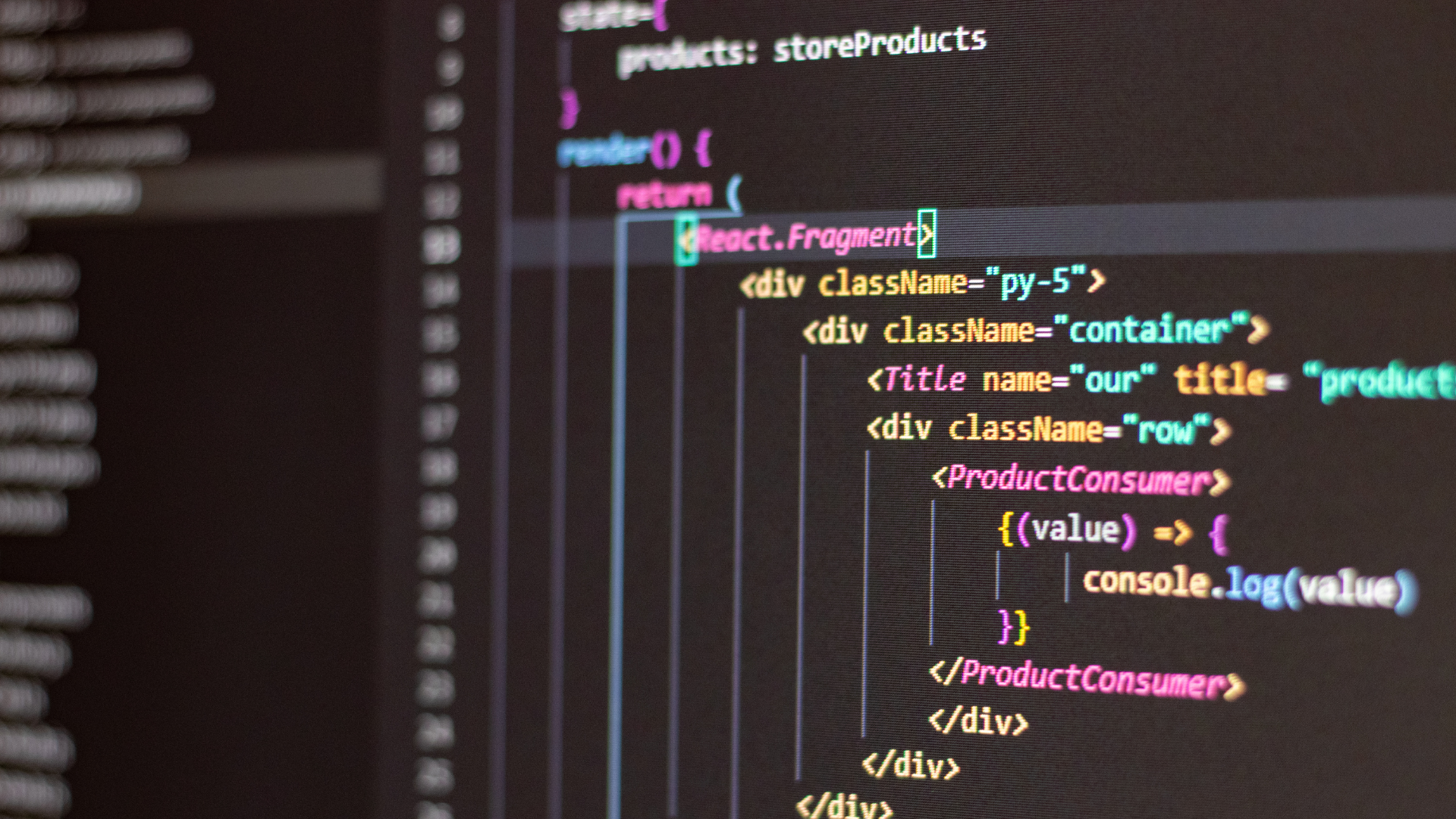
Why Do Algorithms Know You So Well?
Imagine walking into a bookstore where every shelf is filled with titles you’ve always wanted to read—but never told anyone about. As you browse, the lighting adjusts to your mood, and a playlist hums softly in the background, perfectly tuned to your taste. It feels like magic. But it’s not. It’s an algorithm.
We often speak of algorithms as cold, calculating formulas hidden behind screens. Yet, in truth, they’re the silent architects of our digital world—curating our feeds, predicting our needs, and mapping our desires before we even speak them aloud.
Table of Contents
- What Is a Recommendation Algorithm?
- The Data You Leave Behind
- How Algorithms Learn: The Feedback Loop
- Collaborative vs. Content-Based Filtering
- Why They Feel So Personal
- Ethical Questions and Digital Responsibility
- FAQs
What Is a Recommendation Algorithm?
At its core, a recommendation algorithm is a mathematical model designed to predict what you might like next. Whether you’re on Netflix, YouTube, Amazon, or TikTok, these systems analyze your behavior and the behavior of millions of others to make educated guesses.
But they don’t guess blindly. They look at patterns—what you watch, what you skip, how long you linger, when you pause. These algorithms are not simply reactive; they are predictive, attempting to foresee your next click with astonishing precision.
The Data You Leave Behind
Every swipe, scroll, and search is a data point. And together, these data points create a digital portrait of who you are—or at least who the algorithm thinks you are.
What platforms typically track:
- Time spent on content
- Likes, shares, comments
- Browsing history
- Device and location data
- Purchase behavior
Your digital footprint is far more detailed than a resume. It captures your habits, your preferences, and even your moods. Over time, the algorithm notices that you watch cooking videos late at night or binge sci-fi on Sundays. These seemingly minor actions fuel a machine that learns your rhythm.
How Algorithms Learn: The Feedback Loop
Modern recommendation systems operate on a loop:
- They recommend something.
- You react.
- They learn from that reaction.
This cycle repeats endlessly. Each choice you make refines the system further, much like a conversation where the other party gets better at listening every time you speak.
Netflix once revealed that over 80% of the content watched on the platform comes from algorithmic recommendations—not from manual searches. That’s not a coincidence; it’s a reflection of an ecosystem built to know what you want before you do.
Collaborative vs. Content-Based Filtering
Two dominant methods drive recommendation systems:
- Collaborative filtering:
“People similar to you liked this.”
It compares your behavior with others who share your tastes. - Content-based filtering:
“You liked this? Here’s something similar.”
It analyzes the features of items you’ve engaged with.
Most platforms use a hybrid model, blending both approaches to fine-tune recommendations. Think of it as a digital matchmaking service, constantly pairing you with your next favorite thing.
Why They Feel So Personal
The feeling of being “known” by an algorithm isn’t accidental—it’s the result of scale and precision. With access to millions of users and billions of data points, algorithms can detect subtle correlations we might never articulate ourselves.
Take Spotify’s “Discover Weekly.” It doesn’t just know you like jazz—it knows you prefer experimental jazz from the 1970s with a melancholic undertone on rainy days. And if that sounds eerily specific, it’s because that’s how specific data can be.
Reminder:
Algorithms don’t truly understand you. They detect patterns. The illusion of intimacy is built from probability, not emotion.
Ethical Questions and Digital Responsibility
With great prediction comes great responsibility.
Recommendation systems shape more than shopping carts—they shape opinions, reinforce worldviews, and even influence elections. The danger lies in echo chambers, where users are only shown content that reinforces existing beliefs.
Key concerns include:
- Filter bubbles
- Data privacy
- Algorithmic bias
- Manipulative content prioritization
Platforms are now under pressure to ensure transparency, give users more control, and build systems that serve people—not just profit.
FAQs
1. What makes recommendation algorithms so accurate?
They analyze massive amounts of data—including your behavior and others’—to detect patterns. The more you interact with a platform, the more accurately it can predict your preferences using machine learning.
2. Are algorithms manipulating what I see?
Yes, in the sense that they curate content to keep you engaged. While this isn’t inherently harmful, it can lead to biased content exposure or digital echo chambers if left unchecked.
3. Can I “reset” what an algorithm knows about me?
Some platforms allow you to delete watch history or reset recommendations. You can also influence results by intentionally engaging with different types of content to “retrain” the algorithm.


